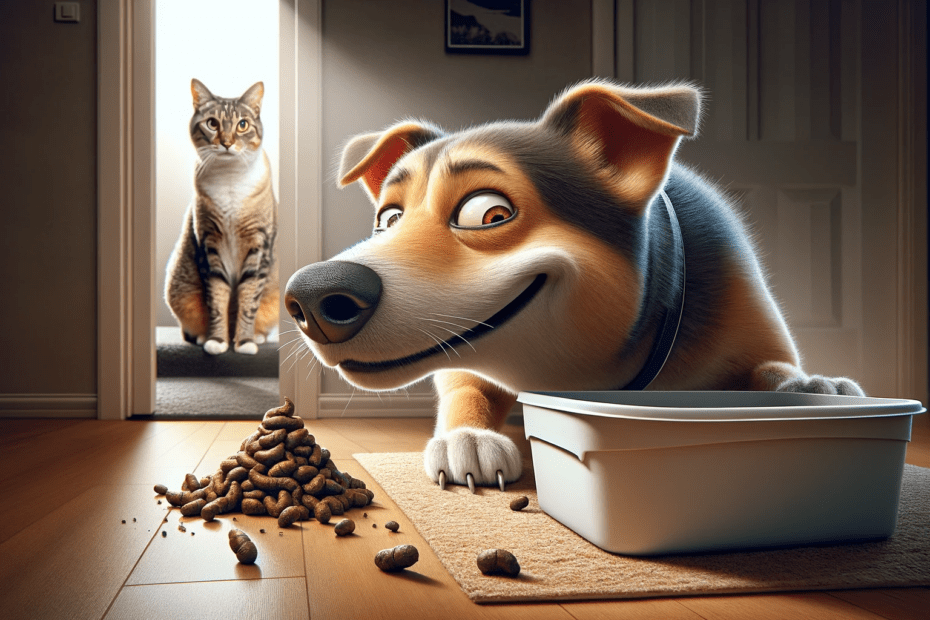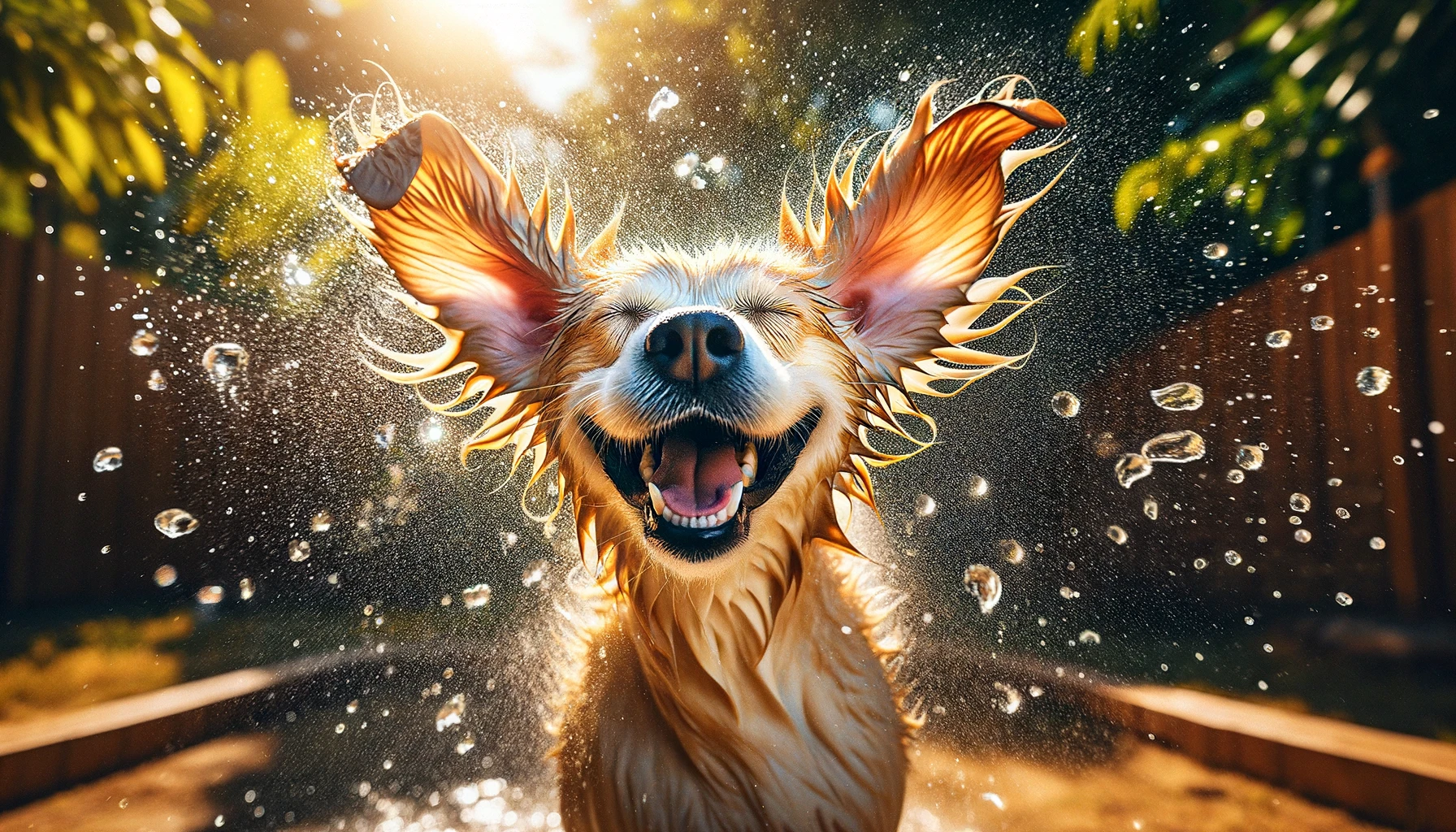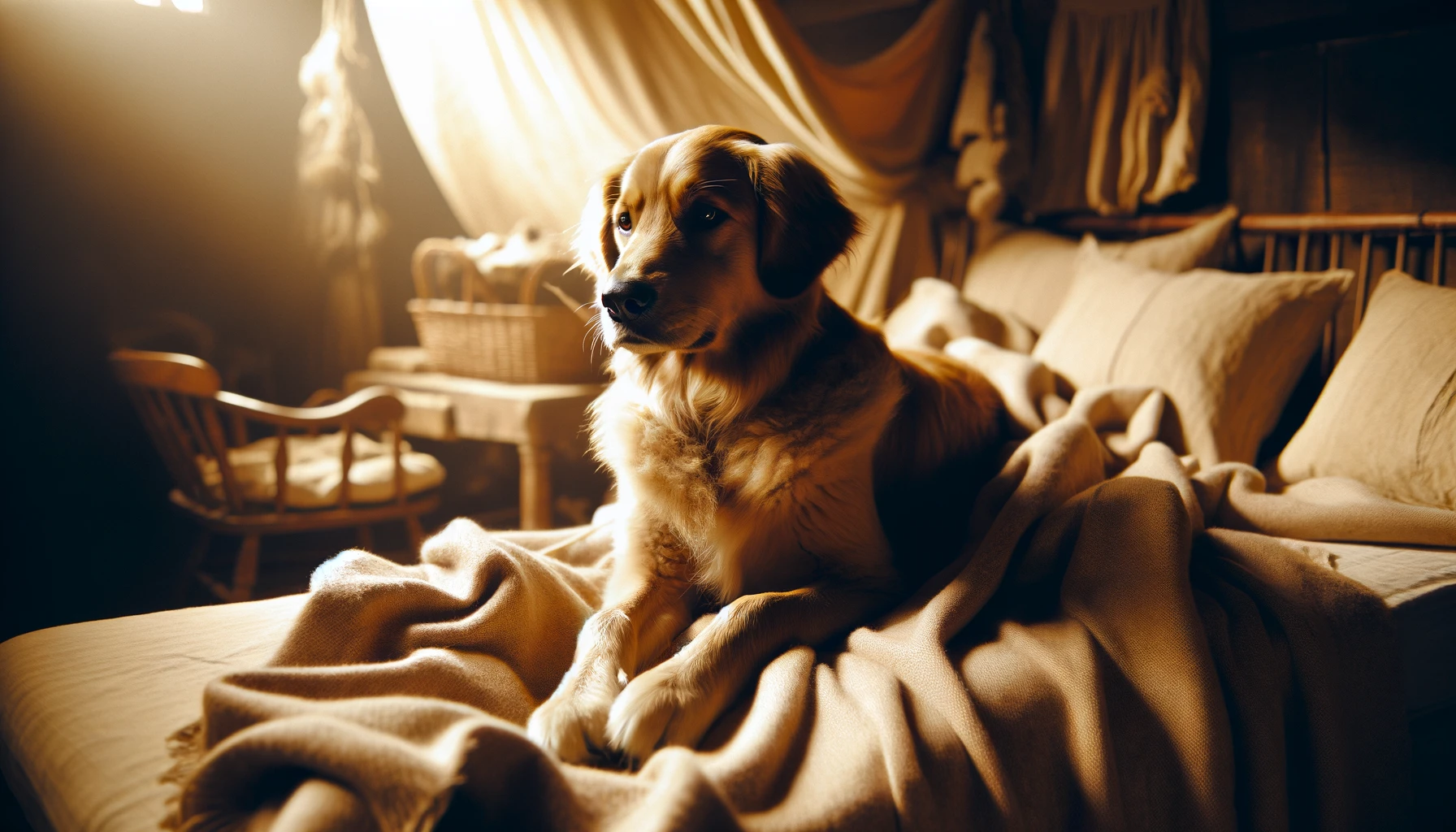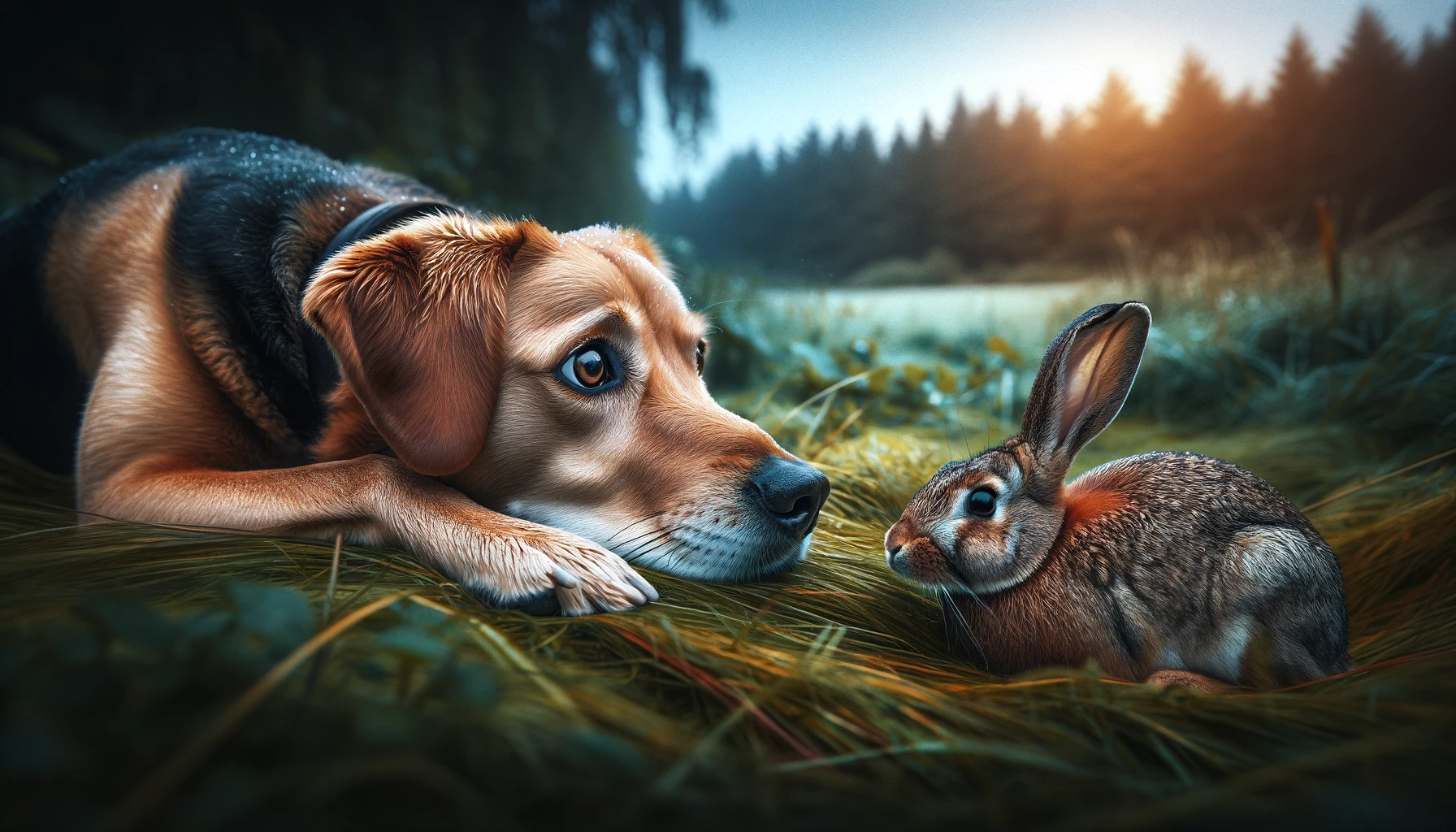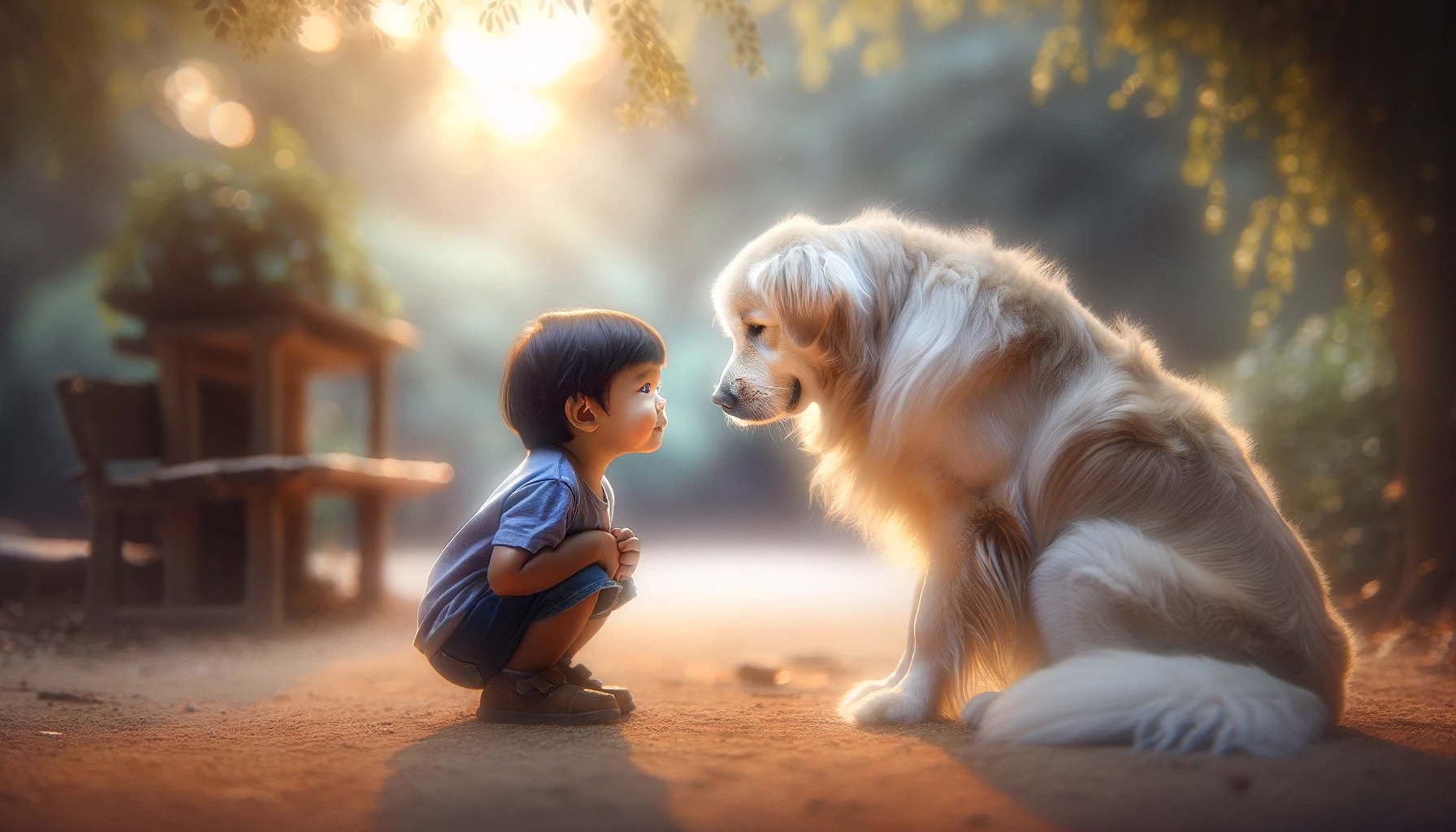Do you ever wonder why dogs eat cat poop? It may seem strange, but there are actually several reasons behind this behavior.
One objection you might have is that it’s gross, but it’s important to understand the underlying factors. Dogs have natural scavenging instincts, and the smell and taste of cat poop can be enticing to them.
Additionally, some dogs may have dietary deficiencies that drive them to seek out alternative sources of nutrition. Furthermore, this behavior can also be learned from other dogs or even reinforced unintentionally by their owners.
However, it’s crucial to prevent your dog from eating cat poop, as it can lead to potential health risks. By taking preventive measures and providing a balanced diet, you can help discourage this behavior and keep your furry friend healthy.
Key Takeaways
- Dogs may eat cat poop due to natural scavenging instincts and the enticing smell and taste.
- Maternal behavior can influence coprophagia in dogs, as mother dogs may consume the feces and urine of their puppies.
- Dietary deficiencies in dogs can drive them to seek out cat poop, as it may contain essential nutrients they are lacking.
- Consuming cat poop can lead to health risks for dogs, including exposure to harmful bacteria, parasites, and the potential for blockages and inflammation.
Behavioral Reasons for Eating Cat Poop
If your dog is eating cat poop, there are several behavioral reasons that could be contributing to this behavior. Dogs have a natural inclination to scavenge and explore their environment, and cat poop may be seen as just another item to investigate and consume. Additionally, the smell of cat poop can be enticing to dogs, as it resembles the scent of cat food, which they find highly appealing. This olfactory attraction can lead to dogs eating cat poop out of curiosity or a desire for a different taste.
Another behavioral reason for dogs eating cat poop is maternal behavior. In some cases, mother dogs may consume the feces and urine of their young puppies. This behavior is thought to serve a protective purpose, as it helps keep the den clean and free from potential predators. However, this maternal behavior can also influence coprophagia in dogs, as they learn from their mothers that consuming feces is a normal and acceptable behavior.
It is important to note that coprophagia can also be a result of dietary deficiencies. Dogs may eat cat poop in an attempt to obtain nutrients that are lacking in their regular diet. In such cases, it’s recommended to consult with a veterinarian to ensure that the dog is receiving a balanced and nutritious diet.
Medical Factors Behind Dogs Eating Cat Poop
When it comes to the medical factors behind dogs eating cat poop, there are a few key points to consider.
First, dietary deficiencies in dogs can drive them to seek out cat poop, as it contains essential nutrients that they may be lacking.
Additionally, behavioral instincts play a role, as dogs have a natural inclination to scavenge and explore their environment.
Lastly, there are potential health risks associated with consuming cat poop, such as exposure to parasites and the possibility of intestinal blockages.
Dietary Deficiencies in Dogs
To understand the medical factors behind dogs eating cat poop, it’s important to examine the role of dietary deficiencies in these behaviors. Dogs may engage in coprophagia, the consumption of cat poop, as a result of lacking essential nutrients in their diet. Fats, fiber, protein, and vitamins that are insufficiently provided in their regular meals can drive dogs to seek these nutrients from alternative sources, such as cat feces.
In addition, dietary deficiencies can contribute to malnutrition, intestinal parasites, poor absorption, and hormonal imbalances, all of which can increase the likelihood of dogs engaging in coprophagia. It’s crucial to address these deficiencies through dietary adjustments, supplements, and the treatment of underlying medical conditions to prevent dogs from eating cat poop and the potential risks it poses, including the contraction of intestinal parasites.
Behavioral Instincts in Dogs
Dogs instinctively consume cat poop due to their natural scavenging instincts and behavioral factors such as boredom, stress, and curiosity. These behavioral instincts drive dogs to explore their surroundings and investigate various items, including the litter box.
The protein content in cat poop can also be a contributing factor to their attraction. Dogs are carnivores and have a strong desire for protein-rich food sources. Cat poop, being derived from a meat-based diet, contains undigested proteins that may be appealing to dogs.
Additionally, stress and boredom can lead dogs to engage in coprophagia as a way to alleviate their emotional state or seek stimulation. It’s important for dog owners to address these behavioral factors and provide proper mental and physical stimulation to discourage this behavior.
Potential Health Risks
One potential health risk associated with dogs eating cat poop is the transmission of harmful bacteria and parasites. Cat poop contains bacteria such as Salmonella and Campylobacter, as well as parasites like Toxoplasma and Giardia. When dogs consume cat poop, they can become infected with these pathogens, leading to various health issues.
Ingesting cat litter along with the poop can also pose risks to the dog’s digestive system. The litter can cause blockages and inflammation, which can be painful and require medical intervention.
To prevent your dog from eating cat poop, it’s important to keep the litter box away from their reach and ensure that they aren’t consuming cat food.
Regular monitoring of your dog’s health and bowel movements is vital to detect any abnormalities resulting from eating cat poop. If your dog experiences difficulty pooping or abnormal stools, consult with a veterinarian for proper guidance.
Risks and Consequences of Dogs Eating Cat Feces
If you let your dog eat cat poop, you put them at risk for contracting harmful bacteria and parasites. Dogs can ingest various pathogens present in cat feces, including salmonella, which can cause gastrointestinal issues in dogs and can also be transmitted to humans.
Ingesting cat poop can expose dogs to internal parasites such as roundworms and toxoplasmosis. These parasites can lead to weight loss, malnutrition, and other health problems in dogs. Additionally, consuming cat litter can be problematic and potentially cause blockages in the dog’s digestive system.
Regular monitoring of your dog’s bowel movements is necessary to ensure that there are no abnormalities and to detect any signs of gastrointestinal issues like diarrhea and vomiting, which can be consequences of eating cat poop. It’s crucial to discourage this behavior in your dog to protect their health and the health of your family.
Take preventive measures such as keeping litter boxes out of your dog’s reach and promptly cleaning up cat feces to minimize the risks associated with your dog eating cat poop.
Tips to Prevent Your Dog From Eating Cat Poop
To prevent your dog from eating cat poop, it’s important to take proactive measures and implement effective strategies. One of the most effective ways to keep your dog away from cat poop is by placing the cat litter box in a location that’s inaccessible to dogs. You can use dog gates to create a barrier or find a spot that’s out of reach. Another option is to invest in a covered cat litter box or a dog-proof top-entry cat litter box. These types of litter boxes provide a physical barrier that prevents dogs from accessing the cat poop.
In addition to these measures, it’s also essential to repel neighborhood cats from your yard. By reducing the presence of cat poop in your surroundings, you can minimize the temptation for your dog to indulge in this behavior. Regular veterinary visits are crucial as well, as they allow your vet to check for any internal parasites in your dog. Treating and preventing these parasites can help discourage coprophagia in dogs.
Lastly, consider the type of dog food you’re feeding your pet. Ensure that your dog is receiving a balanced and nutritious diet. Sometimes, dogs eat cat poop because they’re seeking nutrients that are lacking in their own diet. By providing high-quality dog food, you can reduce the likelihood of your dog being attracted to cat poop.
Training Techniques to Discourage Poop Consumption
To discourage your dog from consuming cat poop, employ effective training techniques. Although it may seem puzzling, dogs have a natural inclination to eat poop, including cat feces. This behavior is known as coprophagia. While the exact reasons behind this behavior aren’t fully understood, it’s believed that dogs engage in poop-eating due to their ancestral instincts, curiosity, or simply because they find it tasty. However, it’s important to discourage this behavior as it can pose health risks to your dog. Cat poop can contain harmful bacteria and parasites that can lead to infections and gastrointestinal issues.
One effective training technique to discourage poop consumption is to keep your dog busy with engaging activities. Providing mental and physical stimulation through interactive toys, puzzle games, and regular exercise can divert your dog’s attention away from cat poop. Additionally, teaching your dog commands such as ‘leave it’ or ‘drop it’ can be beneficial in redirecting their focus when they attempt to approach or consume cat feces.
Another approach is to use deterrents. There are commercially available sprays and devices specifically designed to discourage dogs from approaching or consuming cat poop. These products emit unpleasant odors or tastes that dogs find unappealing, deterring them from engaging in this behavior.
Importance of Regular Litter Box Cleaning
Regularly cleaning the litter box helps prevent dogs from eating cat poop and reduces the spread of unpleasant odors in your home. When a litter box is left dirty, it can emit a strong smell that resembles cat food. This scent can attract dogs and make them curious about what’s inside the litter box. By cleaning the litter box regularly, you can eliminate this enticing smell and make sure it doesn’t become a temptation for your dog.
Cleaning the litter box is essential for maintaining a hygienic environment and preventing your dog from engaging in poop eating behavior. When the litter box is dirty, your dog may see it as an opportunity for a tasty treat. Regular cleaning ensures that the litter box remains clean and unappealing to your dog. It removes any traces of cat poop that may be tempting for them to consume.
Moreover, the importance of regular litter box cleaning extends beyond preventing poop eating. It also helps to control the spread of unpleasant odors in your home. A dirty litter box can produce strong and offensive smells that permeate your living space. By cleaning the litter box regularly, you can keep these odors at bay and maintain a fresh and pleasant environment for both you and your pets.
Dietary Considerations to Reduce Poop Eating Behavior
By ensuring your dog receives a balanced diet, you can reduce their poop eating behavior. Nutritional deficiencies in dogs can lead to coprophagia, the act of eating feces, including cat poop. To help keep your dog from engaging in this behavior, it’s important to make sure their diet is providing them with all the necessary nutrients.
Dogs enjoy eating cat poop because it contains fats, fiber, protein, and vitamins that they may not be getting enough of in their own food. Switching to high-quality dog food and properly portioning meals can help ensure that your dog is getting the nutrients they need, reducing the likelihood of them seeking these nutrients from cat poop.
Consulting with a veterinarian in New York or elsewhere can also be beneficial, as they can help determine the right ingredients for your dog’s diet and potentially supplement it with appropriate human food to address any nutritional deficiencies. By taking these dietary considerations into account, you can help reduce your dog’s desire to eat cat poop.
Frequently Asked Questions
Is It Safe for My Dog to Eat Cat Poop?
It’s not safe for your dog to eat cat poop due to health risks, potential nutritional deficiencies, and behavioral reasons. Training techniques and environmental factors like preventive measures are essential to discourage this behavior.
What Can I Do to Stop My Dog From Eating Cat Poop?
To stop your dog from eating cat poop, try using training methods, making dietary changes, managing the environment, redirecting their behavior, using deterrents, and seeking professional help if needed.
Why Does My Dog Take My Cats Poop?
There are various reasons why dogs might take your cat’s poop. It could be due to dietary deficiencies, curiosity, boredom, or stress. It’s important to address this behavior to prevent health consequences. Consult a vet for advice, training techniques, and alternative solutions.
What Home Remedy Can I Use to Stop My Dog From Eating His Poop?
To stop your dog from eating his poop, try natural deterrents like adding spicy substances to his food. Use positive reinforcement, make dietary changes, provide environmental enrichment, and ensure consistency and supervision. Consider seeking professional training assistance for further guidance.
Conclusion
In conclusion, while the exact reasons behind why dogs eat cat poop may vary, it’s clear that a combination of natural instincts, attraction to the smell and taste, dietary deficiencies, and learned behaviors play a role.
It’s essential for owners to take preventive measures to protect their dogs from potential health risks associated with consuming cat feces. Regular veterinary check-ups, a balanced diet, and proper training techniques can help address this behavior and keep our furry friends healthy.
